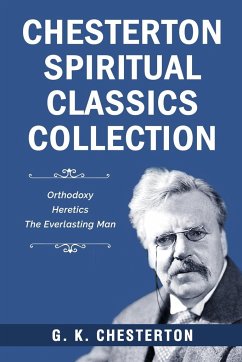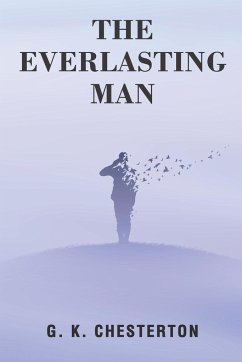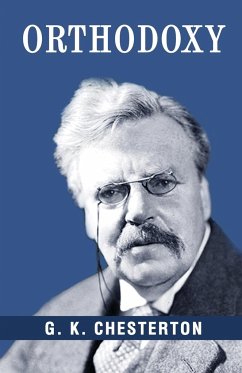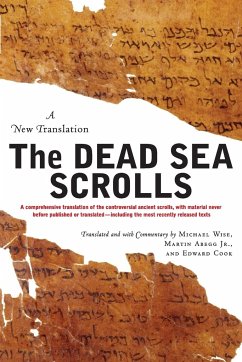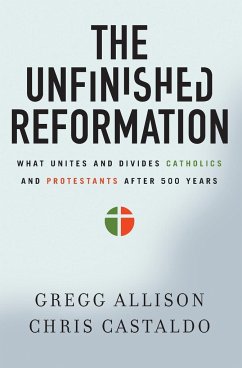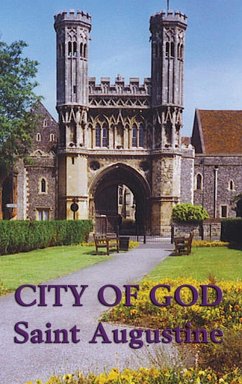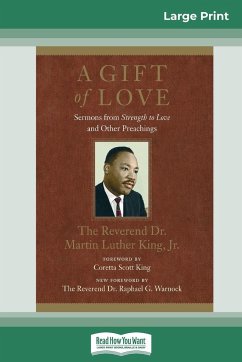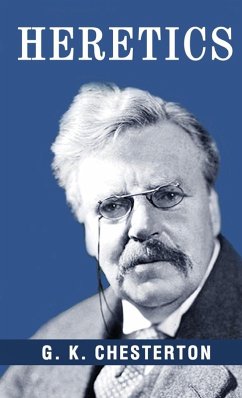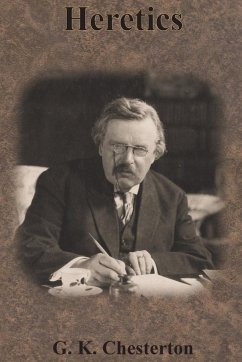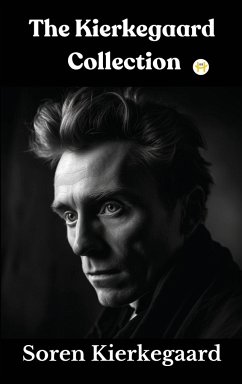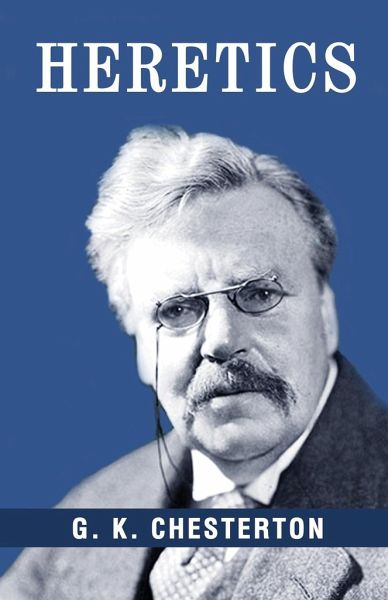
Heretics
Versandkostenfrei!
Versandfertig in 1-2 Wochen
15,99 €
inkl. MwSt.

PAYBACK Punkte
8 °P sammeln!
In Heretics, the topics Chesterton debates are as universal to the "vague moderns" of the 21st century as they were to those of the 20th. Focusing on "heretics" - those who pride themselves on their superiority to Christian views - Chesterton appraises prominent figures who fall into that category from the literary and art worlds. Luminaries such as Rudyard Kipling, George Bernard Shaw, H. G. Wells, and James McNeill Whistler come under the author's scrutiny, where they meet with equal measures of his characteristic wisdom and good humor. The topics he touches upon range from cosmology to anth...
In Heretics, the topics Chesterton debates are as universal to the "vague moderns" of the 21st century as they were to those of the 20th. Focusing on "heretics" - those who pride themselves on their superiority to Christian views - Chesterton appraises prominent figures who fall into that category from the literary and art worlds. Luminaries such as Rudyard Kipling, George Bernard Shaw, H. G. Wells, and James McNeill Whistler come under the author's scrutiny, where they meet with equal measures of his characteristic wisdom and good humor. The topics he touches upon range from cosmology to anthropology to soteriology and he argues against French nihilism, German humanism, English utilitarianism, the syncretism of 'the vague modern', Social Darwinism, eugenics and the arrogance and misanthropy of the European intelligentsia. Together with Orthodoxy, this book is regarded as central to his corpus of moral theology.





